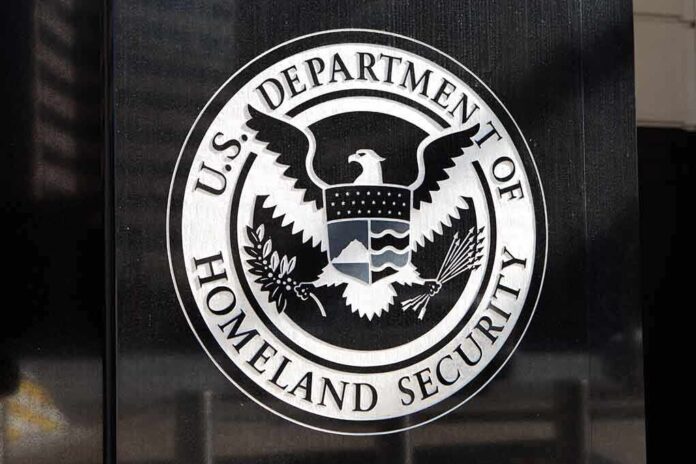
Chad has suspended all visa issuances for American citizens, asserting national dignity in direct retaliation to President Trump’s sweeping travel ban that targeted the African nation among 12 countries deemed security risks.
Key Takeaways
- Chad has officially suspended visa issuance for all U.S. citizens in direct response to being included in President Trump’s new travel ban affecting 12 nations.
- President Trump reinstated travel restrictions citing “deficient” screening and vetting processes in Afghanistan, Myanmar, Chad, Republic of Congo, Equatorial Guinea, Eritrea, Haiti, Iran, Libya, Somalia, Sudan, and Yemen.
- Chad’s President Mahamat Idriss Deby framed the decision as a matter of national pride and sovereignty despite limited resources.
- Additional restrictions for seven other countries took effect Monday at 12:01 a.m., expanding the scope of America’s immigration security measures.
- Other affected nations have responded differently – Republic of Congo called it a “misunderstanding” while Sierra Leone pledged to address U.S. concerns.
African Nation Responds With Reciprocal Measures
In a bold demonstration of sovereignty, Chad has suspended all visa issuances for American citizens following President Trump’s decision to include the country in his administration’s expanded travel ban. The measure, announced by President Mahamat Idriss Deby Itno, represents a direct response to America’s security-focused immigration policy that now restricts travel from 12 nations deemed to have inadequate vetting procedures. Chad’s leadership has positioned this move as a matter of national dignity rather than merely a diplomatic maneuver.
“Chad has neither planes to offer, nor billions of dollars to give, but Chad has its dignity and its pride,” President Mahamat Idriss Deby Itno stated in his official announcement on Facebook, emphasizing the nation’s commitment to protecting its sovereignty despite limited resources compared to the United States.
Trump’s Security-Focused Immigration Stance
President Trump’s administration implemented the travel ban targeting nations with what officials described as “deficient” screening and vetting processes for individuals seeking entry into the United States. The comprehensive measure affects Afghanistan, Myanmar, Chad, Republic of Congo, Equatorial Guinea, Eritrea, Haiti, Iran, Libya, Somalia, Sudan, and Yemen. This decisive action fulfills Trump’s campaign promises to prioritize national security through stricter immigration controls, addressing concerns about potential threats entering the country through inadequate foreign security protocols.
The travel restrictions went into full effect Monday at 12:01 a.m., with seven additional countries facing heightened but less severe restrictions. The expanded ban represents one of several significant immigration policy shifts since President Trump returned to office, demonstrating his administration’s commitment to implementing stronger border security measures. Critics have questioned the scope of the ban, while supporters praise the emphasis on vetting standards and national security priorities.
Mixed Responses From Affected Nations
Other countries included in the ban have responded differently from Chad’s retaliatory approach. The Republic of Congo, through government spokesperson Thierry Moungalla, suggested their inclusion resulted from a misunderstanding rather than legitimate security concerns. “Congo is not a terrorist country, is not home to any terrorists, is not known to have a terrorist vocation. So we think that this is a misunderstanding, and I believe that in the coming hours, the competent diplomatic services of the government will contact the American authorities here,” stated Thierry Moungalla, government spokesperson for the Republic of Congo.
Sierra Leone, which faces increased travel restrictions but was not completely banned, has taken a more conciliatory approach. “We will work with U.S. authorities to ensure progress,” noted Chernor Bah, indicating a willingness to address American security concerns rather than implementing retaliatory measures. The varying responses highlight the different diplomatic calculations nations must make when balancing sovereignty with international relations, particularly with powerful partners like the United States.

























